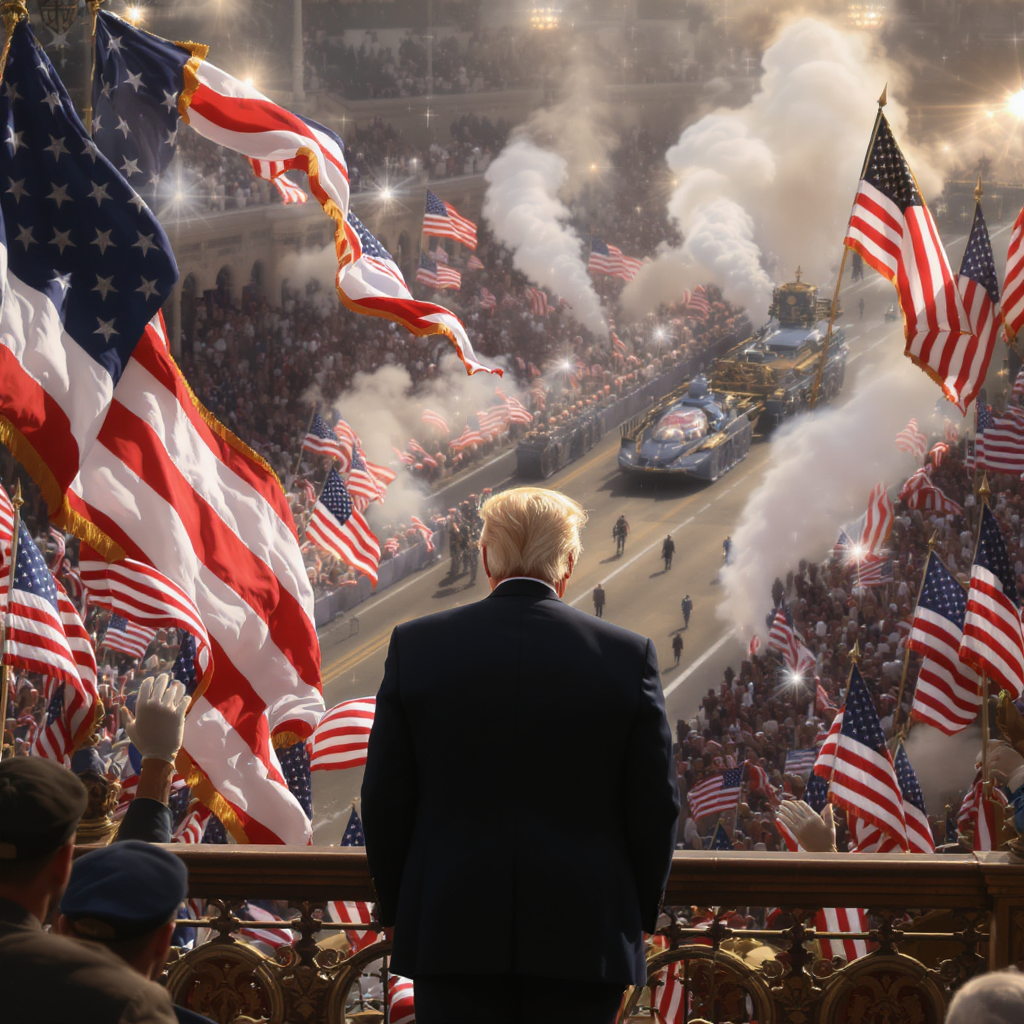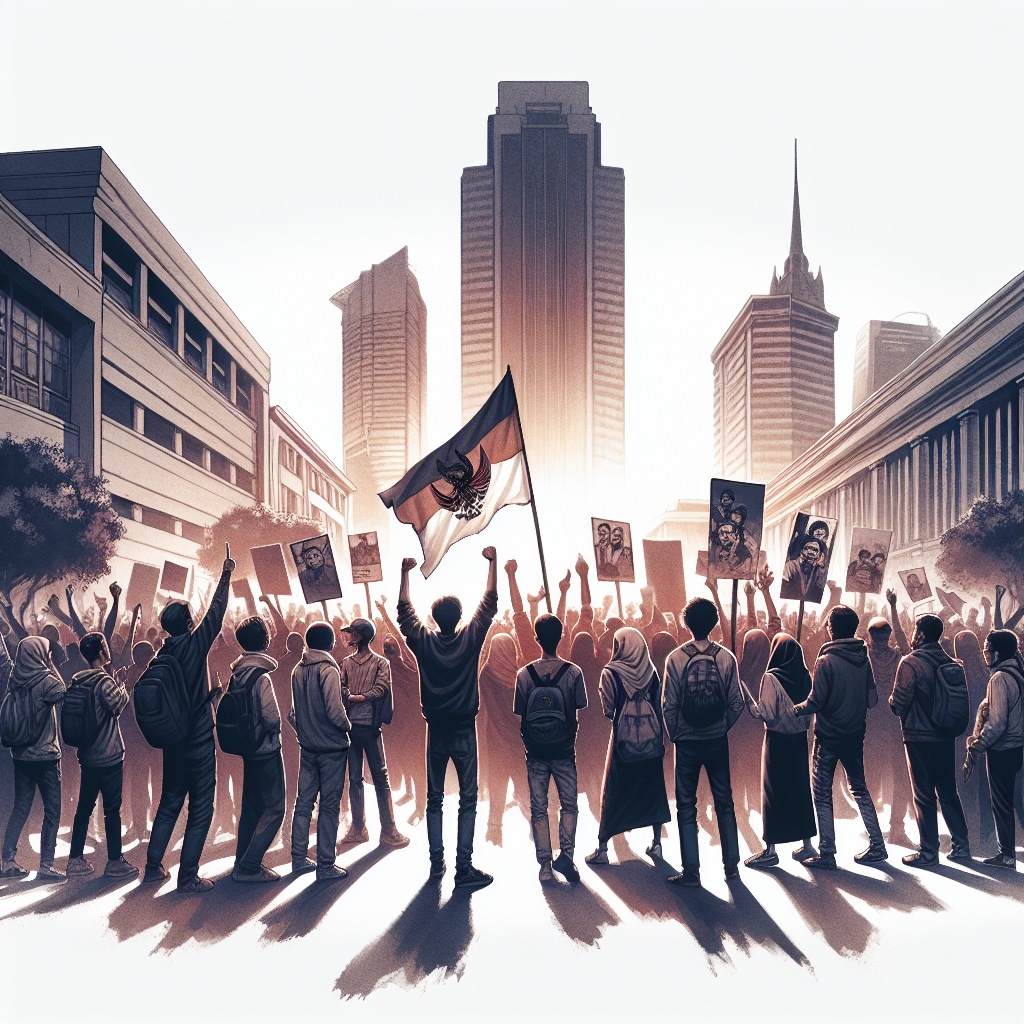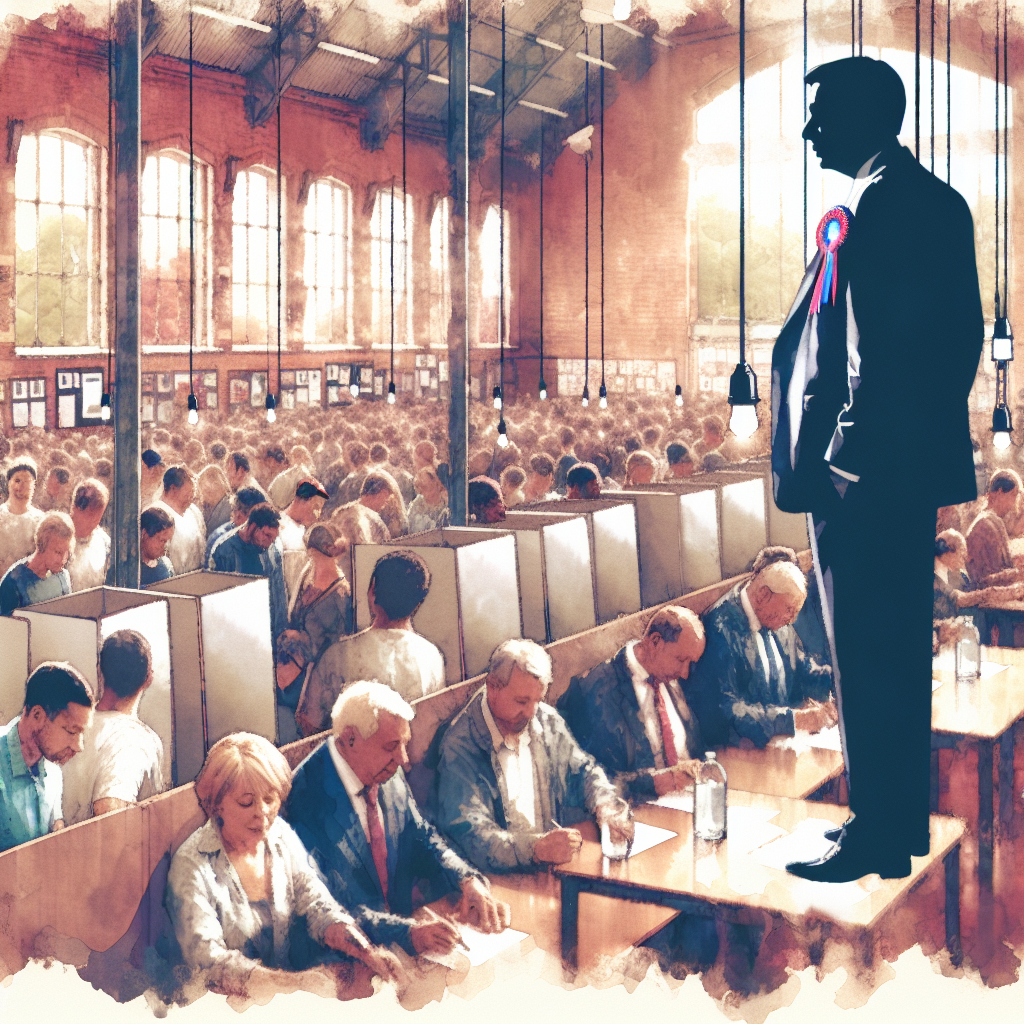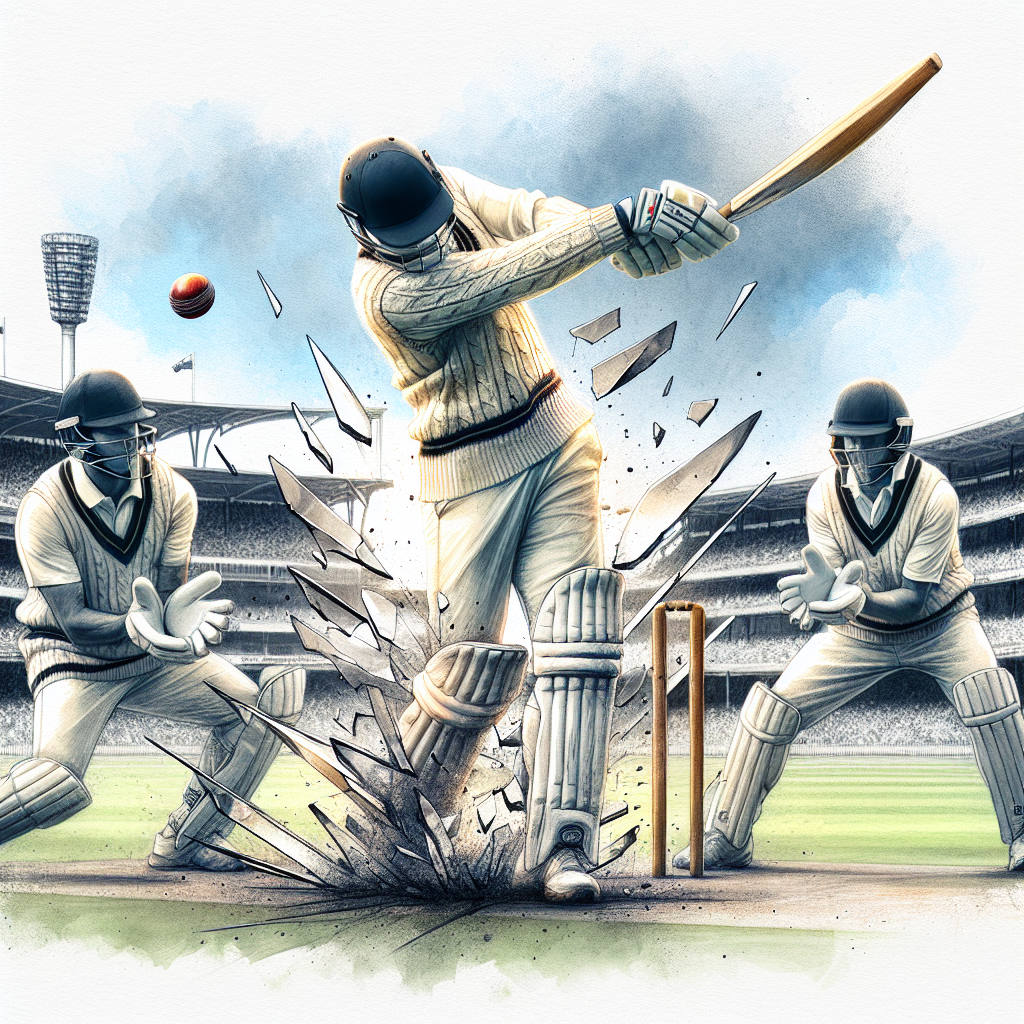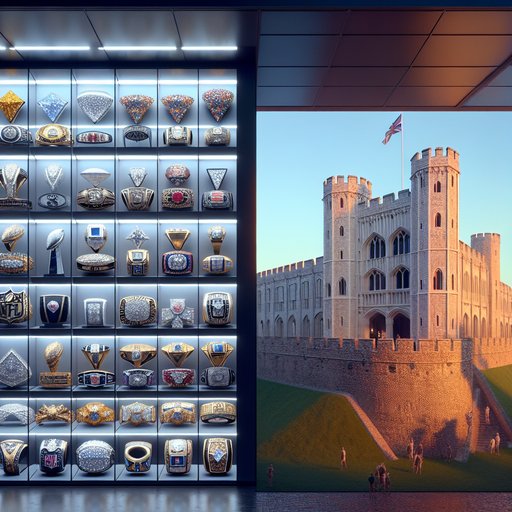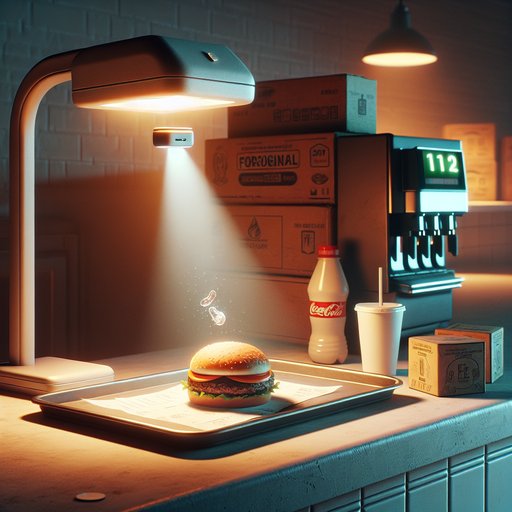
Juan begins day two with a run along the Turia before examining the bronze-and-enamel token, noticing a faint serial mark that hints at a maritime club. He visits the city’s archives, where gaps on the shelves and a tampered sign-in book suggest deliberate removal of records linked to a donation ledger Blanca Ferrán had been cataloguing. An ageing porter, Vicent, recoils at the token and whispers warnings about an old maritime circle before refusing to speak further. At City Hall, a poised official stonewalls Juan under the pretext of donor privacy and an ongoing audit, while references to Conseller Mateo Vives and the Beltrán shipping dynasty hint at pressure from above. Back at his portside office, Juan maps clues and calls a retired sergeant, learning of a private club whose basement supposedly houses a “Libro de Donativos.” By night, Juan confronts a security presence at the club and glimpses salt flecks and esparto fibers—echoes of the crime scene—on a guard’s attire. From beneath a basement grate, a phone vibrates faintly, recalling Blanca’s missing mobile, just as two men arrive with an injunction bearing the Consellería’s seal, forcing him to choose between stepping back or pushing into a trap.
The pre-dawn air felt cool and damp as Juan cut along the Turia’s spine of gravel and tamarisk, lungs working, mind clearing in the wash of his steady rhythm. Orange blossom teased the edge of his breath, and the city’s lights retreated the way a suspect retreats behind rehearsed innocence. By the time he showered and knotted a narrow silk tie, his linen suit felt like armor: sand-colored, forgiving, his brown Oxfords polished but still squeaking across his living room’s parquet. He set the bronze-and-enamel token under his desk lamp, the bat emblem catching in a teardrop of blue enamel chipped thin around the wing.
Salt crystals laced its groove, and at the rim, under the patina, a minuscule stamp winked: CMV-73, the letters like a secret stitched too tight to ignore. He parked near the Archivo del Reino de Valencia on Guillén de Castro, the façade shouldering a morning of traffic and pigeons like stubborn truths. Inside, the reading room breathed paper and starch and a tired dignity: green-shaded lamps, long tables, high windows that sighed dust into light. Blanca Ferrán had stood here often, Juan thought, just tall enough to reach the top shelf with a tilt, her pencil tucked behind one ear.
He asked after donation ledgers and nineteenth-century merchant society records, trying to sound like a man requesting nothing more than weather. The clerk consulted a registry, then another, and finally a tablet, her finger freezing when she reached the blank where those volumes should be. “There’s a gap,” she said, as if naming a ghost. On the shelf, dust gave itself away—rectangles cleaner than the rest, the outline of heavy spines that had been lifted recently.
The sign-in book for restricted consultation lay open, two pages torn cleanly, a surgical absence that made Juan’s skin prickle. He ran a fingertip along the edge and caught the faint, citrus-slick smell of orange oil where someone had cleaned more than dust. When he asked about the security cameras, the caretaker shrugged and offered the same apology La Lonja had: maintenance, a frozen feed, a ticket number that solved nothing. At the rear service entrance, the ageing porter sat on a stool whose cushion remembered better days, chain of keys across his lap like a monk’s rosary.
His cap tilted low, tobacco had stained his fingers the color of old varnish, and his eyes were the wary grey of seawater before a storm. “Morning, Vicent,” Juan said, recalling the man from a funeral years back where everyone wore the same grief. He showed the token, casual as a coin trick, and watched the small flinch ripple across the porter’s jaw. “I don’t know that,” Vicent said too quickly, the denial landing like a dropped plate.
Juan’s mother’s tone found him then—the warmth that could turn into steel when a classroom lied. He pocketed the token and offered a cortado in a paper cup, standing with the porter in the doorway’s rectangle of light, the room behind them smelling of floor polish and paper glue. “El Cabanyal?” Juan asked, and Vicent nodded, both of them recognizing the shape of the old quarter in each other’s vowels. “I want the truth so that no mother has to hear what mine did,” Juan said, thumb stroking the Saint Michael medallion in his pocket until it grew hot.
Vicent exhaled a breath that had waited years. “Don’t touch the Círculo, inspector. You don’t tug a net tied to a judge’s dock.”
A plaque caught Juan’s eye near the freight lift: brass battered matte by decades of hands, letters antique and stubborn. Círculo Marítimo de Valencia — 1864, a bat perched above a crown, enamel darkened by time.
The token’s stamp slid neatly into the thought, a puzzle piece dropping into place with a quiet click. “Membership token,” Juan said, testing the words. Vicent stared at the lift’s grating. “For the cloakroom, for the basement reading room, for favors that used to be called tradition.” His shoulder went up and stayed there.
“I have grandchildren,” he added softly. “They like me alive.”
Plaza del Ayuntamiento always looked like a stage set when the sun polished its stone, but City Hall was a forest of glass and echoing shoes where promises wilted under fluorescent light. The Jefa de Patrimonio Documental, Inés Galiana, had a smile like a paper cut and a blouse crisp enough to refuse on its own. “Heritage matters require discretion,” she said, sliding a policy document across the desk while keeping the stack she actually cared about tucked beneath an elbow.
“We’re auditing donor agreements. Some items are held under conditions of privacy. Our conseller values civic trust.” Mateo Vives’s name floated between them without touching a surface. Juan leaned in, close enough to see the fine scratches in her pen’s clip, the faint smear of orange polish on the folder edge like a fingerprint.
“A woman died in La Lonja,” he said, hearing the weight of Blanca’s body against cold stone. “If a ledger moved, I need the chain of custody.” Inés held his gaze, unblinking, the practiced look of someone who had learned long ago that silence bought longer careers. “Submit your request to Protocol,” she said. “We’ll respond within the statutory period.” The clock on the wall ticked the length of a life.
He left with a printout and no answers, shoes squeaking down a corridor that smelled faintly of citrus and ambition. Outside, he called Comisario Landa, who let out a sigh before words arrived. Madrid wanted calm. Beltrán’s attorneys had called twice, then a third time from a number that did not register but hummed with ownership.
“Tread carefully, Juan,” Landa said, as if careful steps didn’t also slide you into quicksand. Juan pinched the medallion between finger and thumb until its edge bit skin, a reminder of everything worth bleeding for. Back at the port office, the walls watched him the way only paper and old questions do. Antique maps of the bay overlapped like scales, and he pinned a photo of the token beneath the crest of the bat, scrawling CMV-73 and a question mark.
Esparto fibers from La Lonja lay in a plastic sleeve that crinkled like dry grass when he moved it, and the salt crust on his desk caught light like frost. He called retired Sergeant Toni Ruzafa, who coughed humor and history into the line. “Círculo Marítimo kept a basement ledger—donations, patronage, who bought what favor,” Toni said. “They called their vault the Sala del Salitre.
Smelled like the old port, always. Careful, Juan. That place has its own tide.”
Night sprawled against Plaza del Patriarca, and the Círculo’s building breathed wealth through mullioned windows and oiled wood. Portraits of men with medals watched from walls glossed with varnish, and a red runner rolled toward a desk where a bell could summon either help or trouble.
Vicent stood at the cloakroom, hands folded over his keys like prayer, eyes finding Juan’s with a tired tilt. “Records got legs yesterday,” he muttered, voice arranged so it could be mistaken for the weather. “Two men with a city car took crates. I saw the bat stamped on the lids, the old one.” The whine of a freight lift groaned below, then stilled.
Down a hallway moody with brass and shadow, a side door breathed a draft that smelled faintly of salt and old rope. A security man stepped into the corridor’s seam of light with the easy confidence of someone who believed he outranked consequence. His suit trousers were dusted with a thin white crust, and an esparto filament clung to his cuff like a story he’d forgotten to erase. “Private function,” he said, flashing a laminated card that bore the city’s crest and a signature that looked careless and expensive.
Juan let his attention rest on the details—the cadence of his voice, the scuffed leather of his belt, the way his hand hovered near a pocket where a phone waited like a co-conspirator. On the street, bells in the nearby cathedral tolled nine with a gravity that made even passing scooters pause. Juan stared at the basement grate where a ribbon of light leaked, thin as a breath, then cocked his head because he heard it—a thrum, a brief shiver followed by a muffled chime, like a message arriving in the small dark. Blanca’s ringtone had been a cascade of water; he’d heard it in La Lonja when an officer scrolled the report.
Fingers on the grate, he felt the vibration like a heartbeat trying to surface. Two men in dark suits arrived with a paper stiff as a shield. “Emergency closure,” one said, the Consellería’s seal bright as a threat. “On whose authority?” Juan asked, but the answer waited below where the phone kept breathing.
Was Blanca’s last message sealed under his feet, and how many doors would slam before he pried one open?
